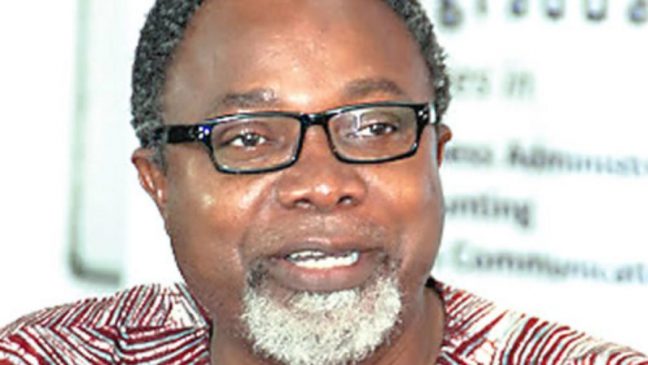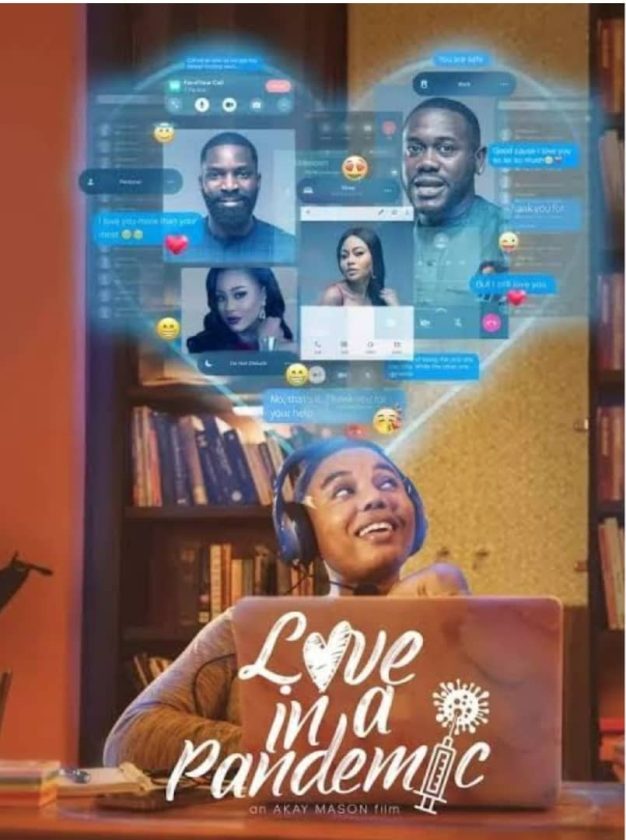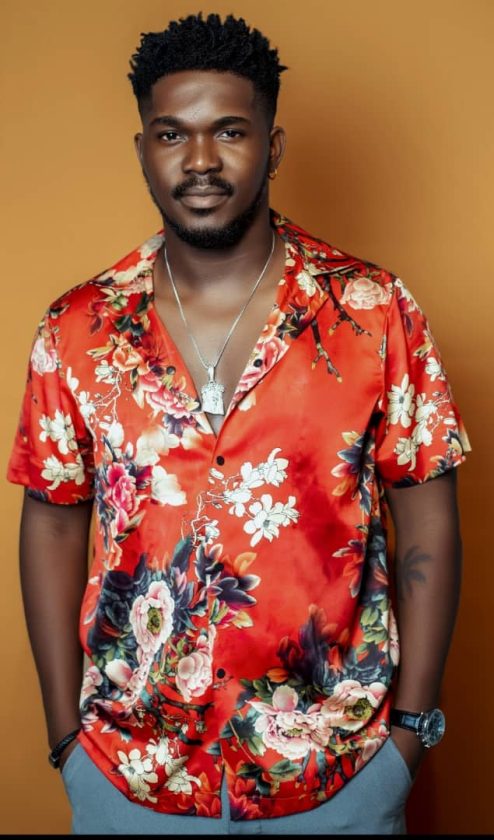By Mahmood Ali-Balogun
(Being a panel presentation at Institute Of Humanities, Pan Atlantic University, Lekki, Lagos Conference on Human Dignity by Mahmood Ali-Balogun on August 19, 2022).
I will like to appreciate the putting together of this Conference, especially Dr. Ifeyinwa Awagu whose tenacity made me to accept to participate despite my very tight itinerary. Infact, I’m in transit as I’m doing this presentation.
Often times to my knowledge debates and conversations have centered around the functions of film and the role of the filmmaker in the society. Quite a number of filmmakers argue that film is a slice of society and thus reflects it – in all its glory; and often times the ills take the pride of place. We see a lot of these in our films – stories of affluence and glamour side by side with ritual killings, infidelity, gender issues, and recently kidnapping terrorism and banditry among others.
While this is important and worthy of mention, the question remains, do these films change the narrative on these issues or do they simply exploit the issues for fame and gain? Statistics indicate, for instance, that kidnappings and ritual killings continue to rise in Nigeria, causing an outcry to ban representations of those vices in Nigerian films. More so, research carried out at a Nigerian University indicates that young people watch such films to learn from the mistakes of fallen ‘Kidnappers and ritualists’.
The poser then is, beyond reflecting these ills, do films promote, protect and preserve the dignity apparently diminished by these ills they showcase? Do filmmakers, and indeed creatives in general have the responsibility of promoting and preserving their society. What becomes the social responsibility of filmmakers in Nigeria, especially as it concerns building and promoting and upholding dignity in aspects of life and existence?
I believe this conference is a clarion call to all content creators on the importance of dignity promotion and preservation, especially now in our contemporary society where identities are being shaped by stereotypes and perceptions shifts based on discriminations.
With recent improvement in the distribution and exposure of Nollywood films reaching global audiences, thanks to the “war” of the OTTs and streamers like Netflix, Amazon, Disney and all comers YouTube, I wish to strongly aver that is imperative for us filmmakers to consciously define, promote and preserve our dignity as a people and nation; and intentionally instill that dignity in our audiences through our films.
Past
If we look back to some of the early propaganda films we were exposed to by our colonial masters, the British, nothing dignifying about our people. The underlying messages were about us and indeed most Africans being chaotic savages, subservient and lazy people who are unable to do things right except when ordered and supervised by, who else, the British! Movies such as 1935 Sanders of the River by Hungarian-British director and 1957 The Mark of the Hawk by Michael Audley readily comes to mind.
Present:
Post independence, this negative narrative began to give way through efforts and documentaries produced by the film unit of the then Federal Ministry of Information. Even early films like Wole Soyinka’s Kongi’s Harvest (1970) directed by Ossie Davis and Amadi (1975) directed by Ola Balogun gave glimpses of hope in defining and promoting our dignity as a people.
Hubert Ogunde’s films, the trilogy – Aiye, Jaiyesimi and Ayanmo released in 1980, 81, and 86 respectively, though with mystical and magical realism as themes showcased our cultural values and positively dignified us a people.
Kasarmu Ce, Sadiq Balewa’s 1990 Hausa language thriller also gave positive vibes on fighting injustice and corruption in our traditional and rural setting impacting positively on the audience.
The democratization of the production process and cheap access to production equipment have had its own effect on content production and the subsequent fall out on themes of our movies vis a viz promoting and preserving our dignity as a people.
For example, our films have been used to reduce the dignity or worth of a woman through sexism and gender profiling themes. It seems the highest aspiration of most girls in contemporary society, especially among easterners, as portrayed in Nollywood films is to get marriage. Even the few with dreams to chase are stereotyped negatively as dangerous or mean in occupational, socio-political and domestic settings. Patience Ozokwor’s stock roles in many of our films assists in accentuating and perpetuating these undignifying stereotypes.
We see in Glamour Girls (2022), an aesthetic, cosmetic and false portrayal of Nigerian women as lazy and morally flawed women who will do anything to be wealthy. I fail to see how such a film adds value to who we are!
In Ike Nnaebue’s recent award winning documentary, No U-Turn (2022), he said that artistes do not just hold a mirror to reflect the society but to point society in the right direction.
Oloture (2019) directed by Kenneth Gyang portrays how one girl pays a ultimate price because she wants to know what happens to other girls and maybe safe the situation.
My film, Tango with Me is deliberately themed on self-confidence and self-worth for the woman. Genevieve’s character as a woman raped due to no fault of hers yet scorned by her husband and her parents stands her ground on not wanting to abort the pregnancy. This is the form of dignity we should push in our films for our girls and women.
Future
With modern technology, we can begin to shape our future, ‘beef’ up on lost dignity, recall past glory and project into the tomorrow. We have seen the impact of Ryan Coogler’s Black Panther (2018) from Hollywood, we can begin to improve and shape our narratives with improvements in sci-fi flicks or afro-futurism as Nnedi Okorafor wishes for it to be called, with the likes of Day of Destiny (2021) directed by the duo of Abosi Ogba and Akhigbe Ilozobhie, Ratnik (2020) by Dimeji Ajibola and even the 2005 high budget but box office failure Kajola by Muyiwa Ademola. With these efforts, we have shown that the talent exists here and can only grow from such baby steps.
However, our stories must be themed to help regain, promote and preserve our dignity as a people despite the realities we are confronted with as filmmakers.
Our stories must be deliberate!
An Igbo saying that I picked from one of my boisterous friends says, until the deer/the hunted begins to tell its own story, the narrative will always be from the hunter’s perspective.
THANK YOU.
*Ali-Balogun, Chairman of Audio-Visual Right Society of Nigeria made this presentation at a panel presentation at Institute Of Humanities, Pan Atlantic University, Lekki, Lagos Conference on Human Dignity on August 19, 2022.




